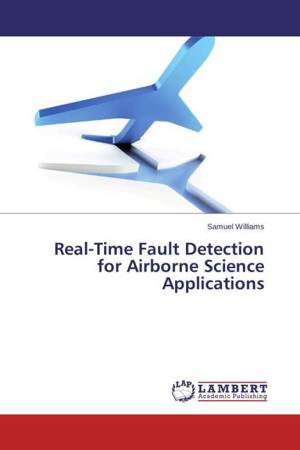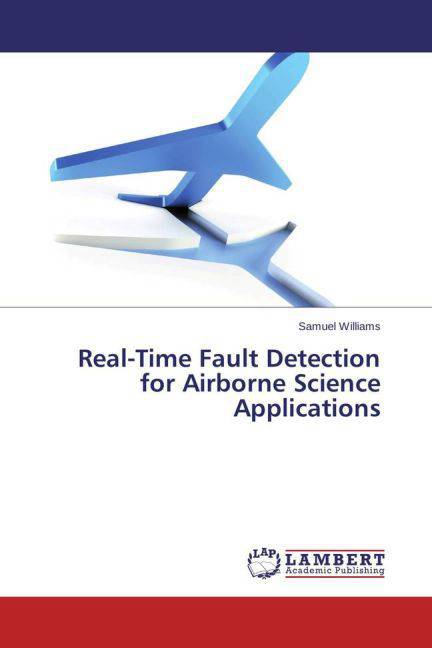
- Afhalen na 1 uur in een winkel met voorraad
- Gratis thuislevering in België vanaf € 30
- Ruim aanbod met 7 miljoen producten
- Afhalen na 1 uur in een winkel met voorraad
- Gratis thuislevering in België vanaf € 30
- Ruim aanbod met 7 miljoen producten
Zoeken
€ 35,45
+ 70 punten
Omschrijving
The University of Tennessee Space Institute (UTSI) Aviation Systems department has conducted many successful airborne science campaigns in collaboration with premier research organizations. A typical mission requires aircraft to be instrumented with a wide range of sensors (with approximately 145 data parameters) and a skilled flight test engineer (FTE) is needed to monitor them. The customers have also expressed interest in increased involvement in the airborne science missions and hence have to be accommodated within the limited confines of the aircraft. Thus, a new FTE may need to be trained on a per mission basis. To achieve this increased demand for flexibility while simultaneously enhancing quality of operation, a real-time expert system has been developed to monitor mission-critical instrumentation. This paper describes the background, tools and techniques used to develop the go, no-go program. As the program is under constant refinement, the descriptions presented reflect the current state of the software.
Specificaties
Betrokkenen
- Auteur(s):
- Uitgeverij:
Inhoud
- Aantal bladzijden:
- 52
- Taal:
- Engels
Eigenschappen
- Productcode (EAN):
- 9783659463280
- Uitvoering:
- Paperback
- Afmetingen:
- 150 mm x 220 mm
- Gewicht:
- 96 g

Alleen bij Standaard Boekhandel
+ 70 punten op je klantenkaart van Standaard Boekhandel
Beoordelingen
We publiceren alleen reviews die voldoen aan de voorwaarden voor reviews. Bekijk onze voorwaarden voor reviews.











